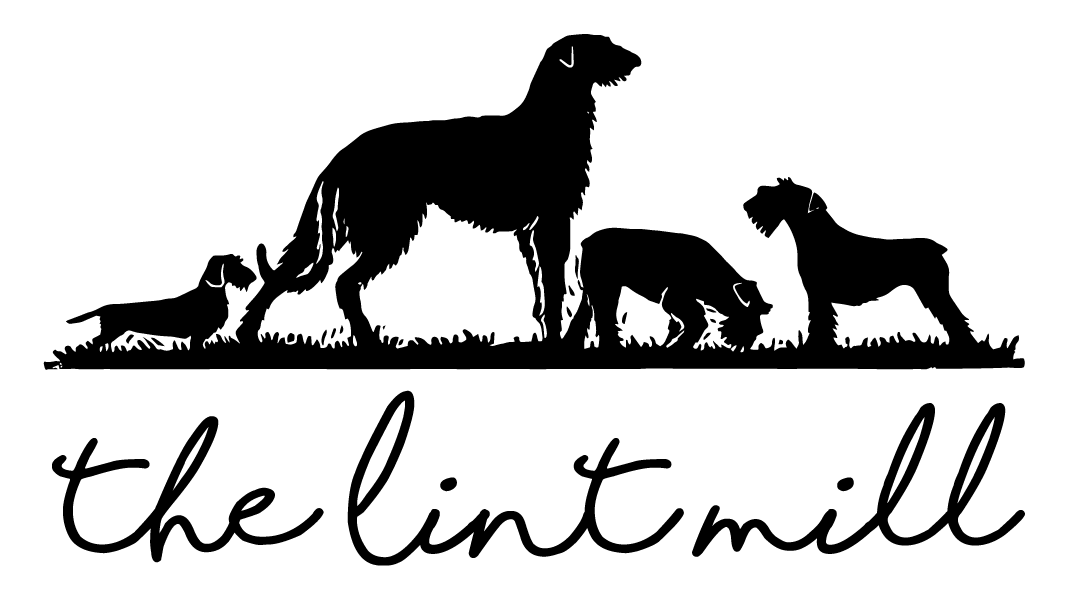“The more clearly we can focus our attention on the wonders and realities of the universe about us, the less taste we shall have for destruction. ” Rachel Carson
What we do at The Lint Mill is about relationships; relationships with our guests, relationships with the animals we share our lives with and fundamentally, relationship with our land, with every microbe and with every blade of grass. The relationship between us and the land we inhabit is so inextricably connected that we ‘know’ more deeply every day, that we and the land are in fact, the very same thing. We are not part of nature, we are nature and that understanding affects everything we do.
- We aim to be self sufficient in food, we employ organic and biodynamic principles and work towards regeneration of the soil and land.
- We serve food to our guests that is predominantly organic and home produced:
- Organic free range eggs from pure breed (Scots Grey) and hybrid hens
- Organic pork – we cure our own bacon (Colin has a wood smoked cold-smoker) and make our own sausages
- Home reared hill-fed organic Soay and Castlemilk Moorit lamb
- Home produced organic chicken and turkey (where available)
- Fairtrade and organic tea and coffee
- The animals we rear for meat are all rare or minority native breeds as we are conscious of supporting breed diversity in British farming. So we rear Soay and Castlemilk Moorit sheep, Golden Guernsey and Bagot goats and Oxford Sandy & Black and British Saddleback pigs.
- Over 22 billion plastic bottles are discarded around the world each year. We aim to reduce this by providing a carafe of tap water for our guests which has been purified with Binchotan charcoal.
- We have a large polytunnel and kitchen garden and all our vegetables are grown organically, largely no-dig and we are self sufficient in most vegetables.
- The soft fruit is for making all of own own preserves (we also use foraged fruit and our neighbour’s gluts of berries).
- Nothing from our kitchen garden is wasted – what we don’t eat, we preserve and freeze, or we feed to our pigs (uncooked) and compost.
- A number of acres of our land are left ‘wild’ to encourage biodiversity and any planting that is done in the cottage and kitchen gardens is to help the honey bee population. We have also built a ‘bug palace’ to encourage invertebrates.
- Our soaps are all made by hand using the traditional cold process method with goat’s milk from our herd of Golden Guernsey Goats together with organic oils and butters.
- We are part of The Birds and Bees Project, funded by the Biodiversity Challenge Fund and run by NatureScot. We have sown a species rich grassland and wildflower meadow mix to encourage more pollinators and farmland birds. We have put up a Barn Owl box, 8 Tree Sparrow boxes, and an invertebrate box.
- Our land has not been subject to the use of chemicals for over 30 years and we have been certified organic with the Soil Association since 2016.
- Colin has trained with Andrew Whitley of Bread Matters, baking organic sourdough bread from Scottish grains milled at home for us, our guests and a small community of organic bread lovers.
- Deborah is a Natural Change Practitioner, a collective that exists to develop leadership in sustainability through engagement with wild places. The Lint Mill has hosted a number of Natural Change training events.
- We respect the balance of nature by using only organic, eco-friendly cleaning and household products from Greenscents and all our light bulbs are low energy.
- All our bedlinen is natural linen from Piglet. The production of linen is very sustainable as every part of the flax plant can be used. It is a rotation crop, farmed naturally in small batches. The European Confederation of Flax and Hemp (CELC) provides two certifications to ensure traceability and guarantee ethical production.
- We aim to lessen the impact on landfill by recycling as much as possible, by using recycled products and engaging in obsessive composting!
- Our electricity is supplied by a provider who only makes electricity by harnessing natural sources like sunshine, wind, rain and biofuels.
- We try to encourage guests to use the local transport system by providing information on buses, trains and local cycle networks.
- We encourage car-free days by offering a series of ‘walks from the door’ maps.
- We have a carbon offset scheme to encourage our guests to plant trees at The Lint Mill.
You can read more about our ethical approach and ideology in relation to our food production and regenerative agriculture in our journal posts.
